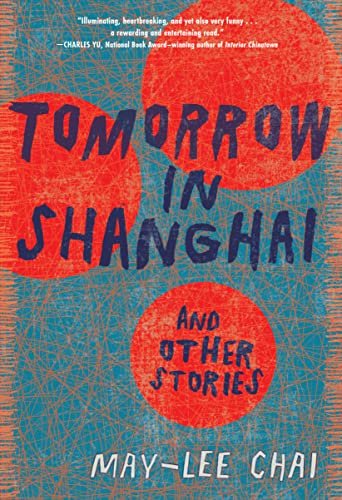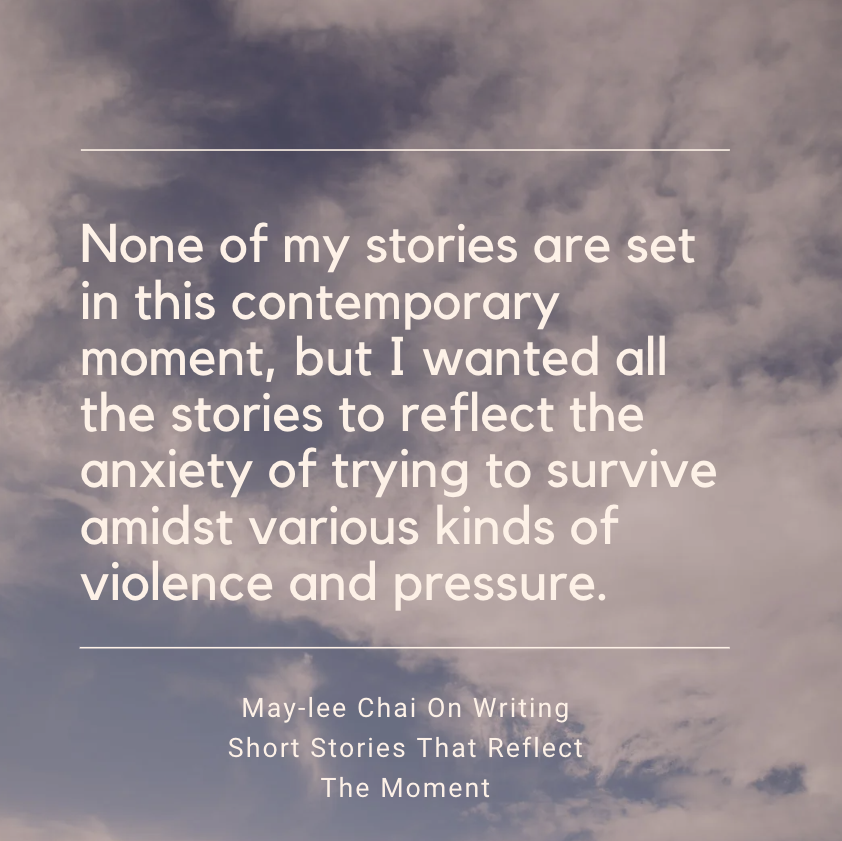To the blonde guy at Kings Cross Station carrying the guitar case. We smiled at each other on the platform but I was too shy to ask for your number before I got on the train. I’ve been kicking myself ever since. Coffee soon?
From the Brunette with the Blue Satchel
For years, I used to commute to work in London on the bus. Whenever I got on, I’d look around for a copy of the free newspaper Metro and turn straight to the Rush Hour Crush column. In it, strangers appeal to find someone they saw on a London bus or train and were attracted to, but never dared ask for their number. I was fascinated by this column, and always wondered if they ever worked out; were these lovelorn commuters re-united with their missed love connections?
This question was part of the inspiration behind my new novel, The Lost Ticket. It tells the story of an elderly man who has spent sixty years riding the same bus looking for a girl he fell in love with in his youth, and the strangers on the bus who try to help him find her. I wanted to imagine what would happen if you couldn’t forget a person even decades after one brief encounter, and how you might go about finding them all these years later (including, of course, an advert in Rush Hour Crush).
I’m definitely not the only person who is intrigued by this idea of missed connections; just look at the number of wonderful romance novels and films that explore this theme. When I was a teenager, one of my favorite movies was Sliding Doors, in which two versions of Gwenyth Paltrow’s life play out: one in which she catches the train and marries the handsome man from the lift, and one in which she misses the train and never meets him again. And Josie Silver’s gorgeous book One Day in December takes the idea even further by giving her main character not one but ten missed opportunities with the guy she falls in love with through the bus window.
I think one reason this ‘missed connections’ trope is so interesting is because it plays into the ideal of love at first sight. Can we really tell someone is our soulmate from a brief eye contact through a bus window or across a crowded room? What if the guy with the guitar case really was her one true love? If you’re a romantic, like I am, this idea is hugely appealing. In fact, more than one couple who met through the Rush Hour Crush column have since got married, with one man proposing to his fiancé on the same station platform where he first spotted her!
Another reason I’m so drawn to these stories is because of the question of fate. If the guy with the guitar is her soulmate, are they destined to meet again one day, or will they never find each other again? The film Serendipity plays with this question brilliantly. Kate Beckinsale’s Sara falls for a stranger she meets in a shop, but after one night together, the wind blows her phone number out of his hand. Rather than give him her number again, Sara decides that she’ll leave it up to fate: if they’re meant to be together then they’ll meet again, and if not it was never meant to be. The film then flashes forward several years, and is filled with lots of wonderful missed connections.
Finally, I think many of us enjoy these kind of stories because they speak to the ‘what ifs’ in our own lives. However happy we may be, many of us still have those question marks in the back of our brains. What if I’d plucked up the courage to ask that boy out at school? What if I’d stayed on the platform to talk to the handsome man with the guitar, rather than jumping on my train? Perhaps I’d be a rock star’s wife right now, sipping cocktails by a pool in Malibu. But then would I be an author, reading Rush Hour Crush on the bus and musing about missed connections? Probably not! Maybe some connections we’re supposed to miss...
Freya Sampson is the author of two novels, The Last Chance Library and The Lost Ticket/The Girl on the 88 Bus. She worked in TV as an executive producer and her credits include two documentary series for the BBC about the British Royal Family, and a number of factual and entertainment series. She studied History at Cambridge University and in 2018 was shortlisted for the Exeter Novel Prize.






